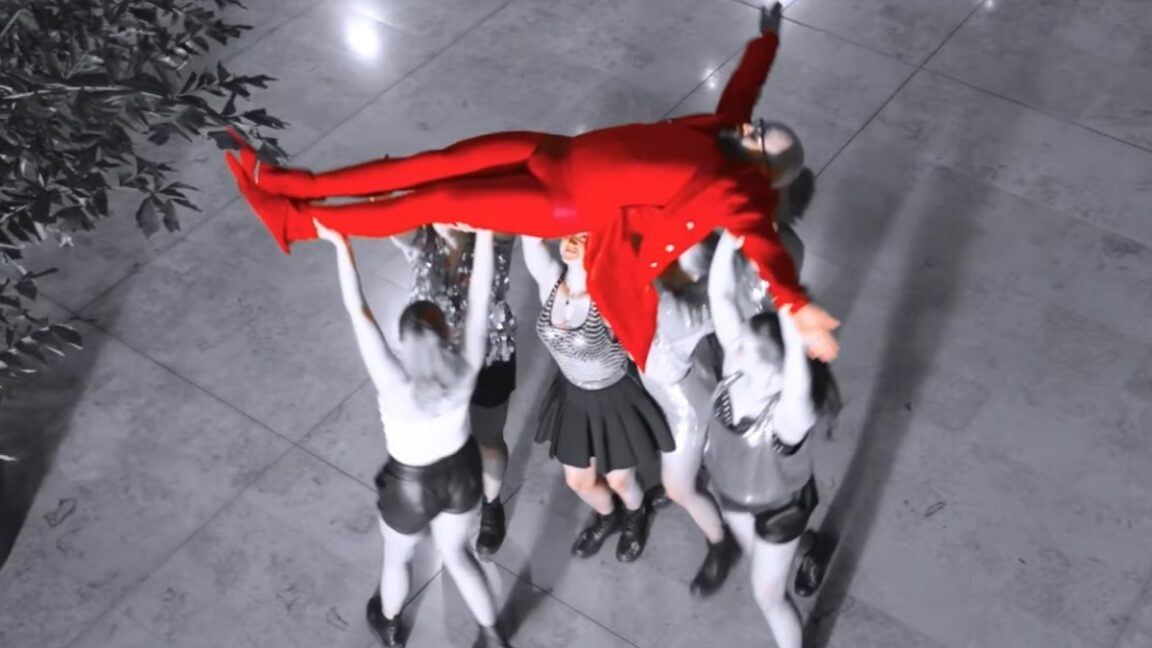INSUBCONTINENT EXCLUSIVE:
Sulo Roukka is this year's overall winner of the Dance Your PhD contest, plus the winner of the chemistry category.
It's
time again to honor the winners of the annual Dance Your PhD contest, where eager young scientists attempt to convey the concepts of their
doctoral theses through dance
This year's overall winner is the University of Helsinki's Sulo Roukka, who researches chemesthesis, specifically how people experience
different sensory food compounds like capsaicin (hot) or menthol (cool).As we've reported previously, the Dance Your PhD contest was
established in 2008 by science journalist John Bohannon, who is now a data scientist at South Park Commons
Bohannon told Slate in 2011 that he came up with the idea while trying to figure out how to get a group of stressed-out PhD students, who
were in the middle of defending their theses, to let off a little steam
So he put together a dance party at Austria's Institute of Molecular Biotechnology, including a contest for whichever candidate could best
explain their thesis topics through interpretive dance.The contest was such a hit that Bohannon started getting emails asking when the next
It's now in its 17th year
There are four broad categories: physics, chemistry, biology, and social science, with a fairly liberal interpretation of what topics fall
All category winners receive $750
Roukka won the chemistry category and, as the overall champion, will receive an additional $2,750.This year's sponsor is Sandbox AQ, an AI
company specializing in large quantitative models
The 2025 competition also included a special $750 prize for dances related to AI and quantum science, won by Arfor Houwman of the University
of Innsbruck for his dance video explaining the physics of laser cooling and ultracold atoms
Bohannon noted that the winners were all European scientists
"This year, American scientists did not seem to be in the mood to dance," he told Science
"Lucky for the world, Europe's scientists have doubled their creativity and enthusiasm."

